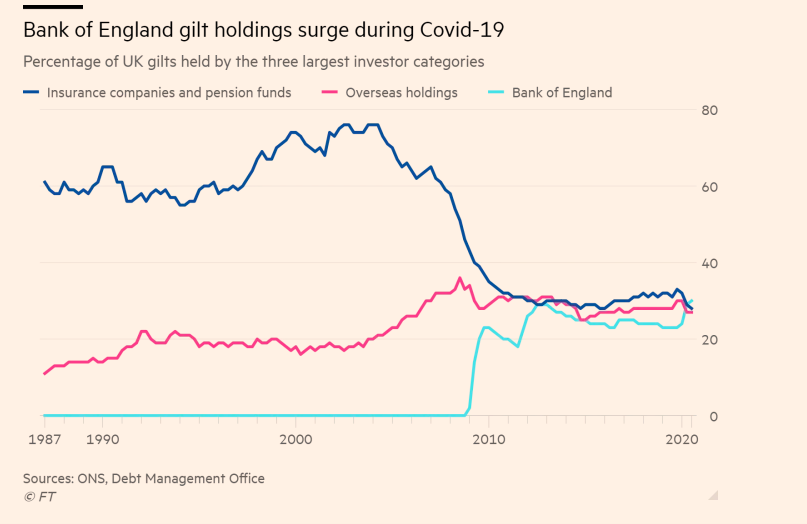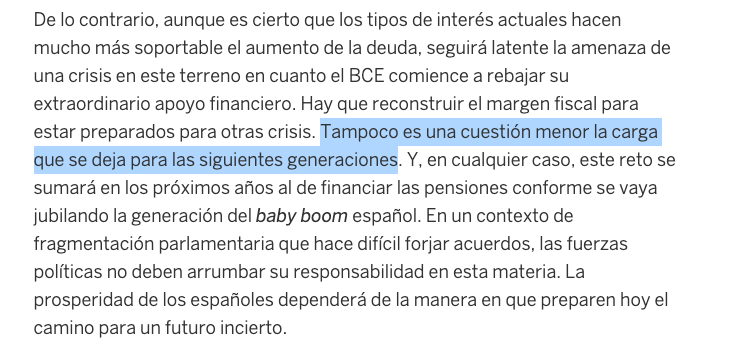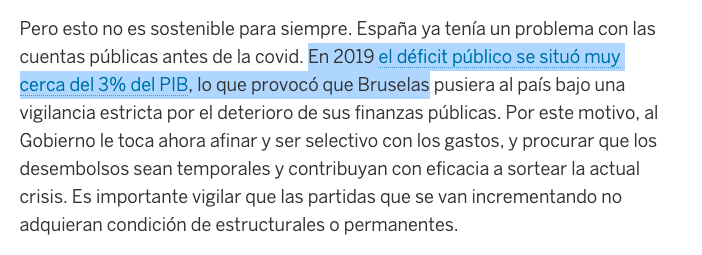
good morning to the Bank of England, who's showing us what a committed monetary financier looks like 

and a reminder not all monetary financing is the same: this modern/new Keynesian entrenches weak framework for monetary-fiscal interactions, one that actively undermines both the rethink of fiscal rules, and fiscal support for the low-carbon transition.
osf.io/preprints/soca…
osf.io/preprints/soca…
music, music to the (post-Keynesian/MMT) ear: the ultimate driver of government financing costs is the central bank. 

and for the MMT trolls that attack before reading -
central bank purchases in secondary markets recreate reserves destroyed by primary issuance, and matter for price/interest rate reasons.
central bank purchases in secondary markets recreate reserves destroyed by primary issuance, and matter for price/interest rate reasons.

• • •
Missing some Tweet in this thread? You can try to
force a refresh







